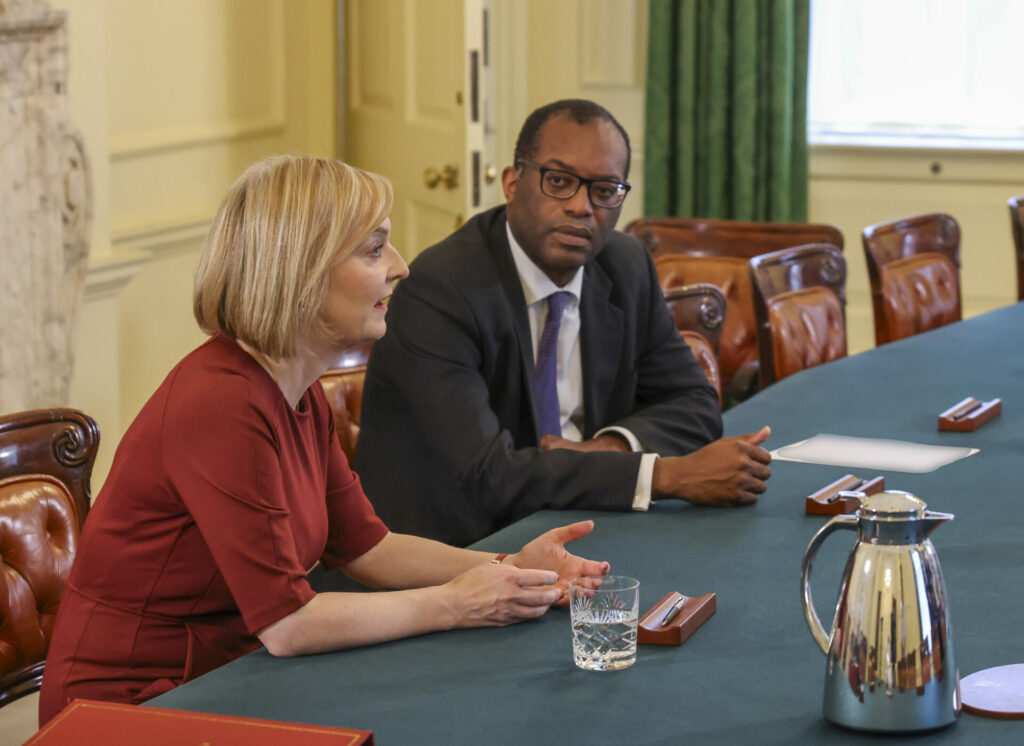The "mini-budget" announced ten days ago by the UK's Chancellor of the Exchequer (finance minister) Kwasi Kwarteng sparked market turmoil and public outcry, including from many within the governing Conservative Party.
Of the numerous measures announced, one of the most inflammatory was the plan to get rid of the 45p top rate of tax paid by top earners, which would give those earning £150, 000 or more per year an enormous tax break. Fears were compounded as it became clear that to sustain such a shortfall in tax revenue, the government would have to borrow heavily, devaluing the British pound sterling.
After facing intense criticism and anger from all angles, Kwarteng announced on Monday "We are not proceeding with the abolition of the 45p tax rate. We get it, and we have listened."
The minister resisted recriminations that the policy was a failure, preferring to call it a "distraction" from the government's plans to manage the issues the UK is facing.
Following Kwarteng's announcement, the pound rallied on Monday even as UK stocks opened weak. Yet the currency has still taken a major blow that highlights market uncertainty.
Aside from tax breaks for the highest earners, the government's plan generally aims to keep taxes low in the hope that this will grow the UK economy and see the benefits "trickle down" to lower earners. To this end, the previous plans to raise corporate tax from 19% to 25% next April have been dropped.
When announced on 23 September, the bill set off a crisis of confidence in the market, with the pound falling drastically and putting pressure on government bond prices.
No Iron Lady 2.0
Truss has persistently and overtly sought to style herself in the politics (and even fashion) of Margaret Thatcher, aka the "Iron Lady" for her remorseless insistence to push on with divisive policies.
Yet with even the International Monetary Fund (normally concerned with emerging economies rather than G7 nations) openly criticising the budget plans, the consensus was widely that the measures will do nothing but increase inflation and add to the cost of living crisis, fuelling inequality.
Related News
- British Government announces biggest tax cuts since 1988
- Recession fears continue to fuel heavy losses on Wall Street
Speaking to The Guardian, senior investment and market analyst at Hargreaves Lansdown Susannah Street asserted that this change in course could be the first of many rebellions within the Tory party: "Truss has been manipulated into this U-turn after senior Conservatives yesterday came out in open revolt."
The question is now whether Truss will be forced to back down on other policies and if she will be able to run a functioning government at all. If dissent grows within her own party, it could become impossible for Truss to get the support to push policies and reforms through parliament.
Playing on the Iron Lady moniker, Streeter quipped that Truss will now be considered "highly malleable".

